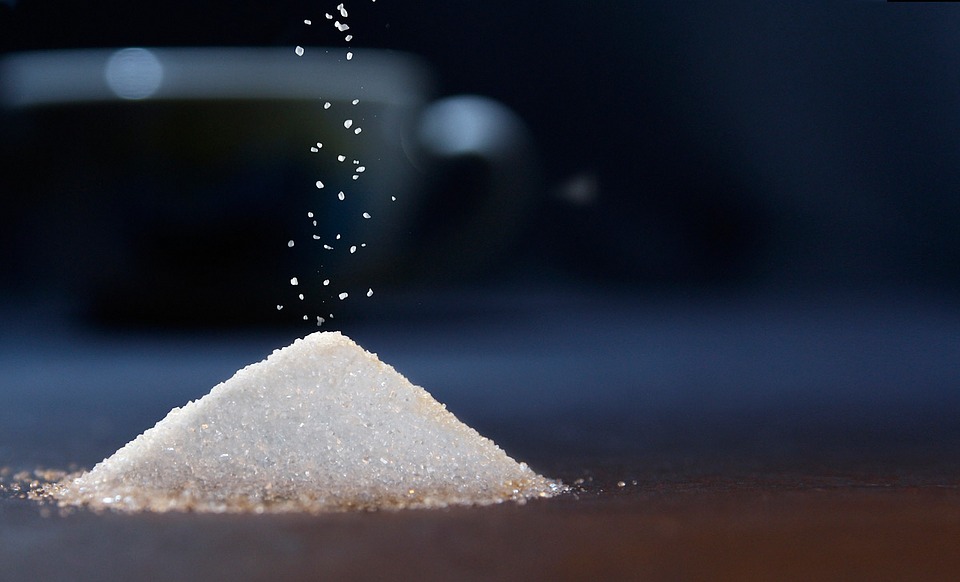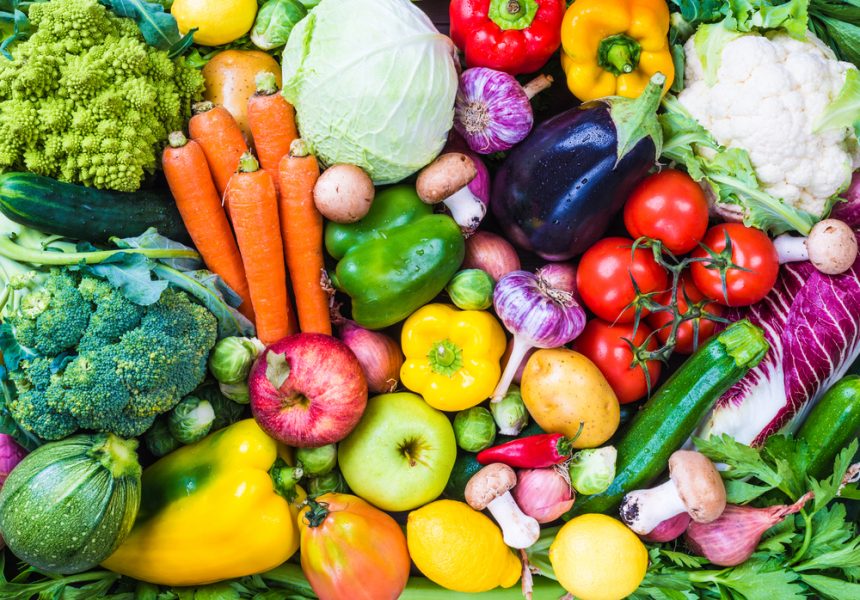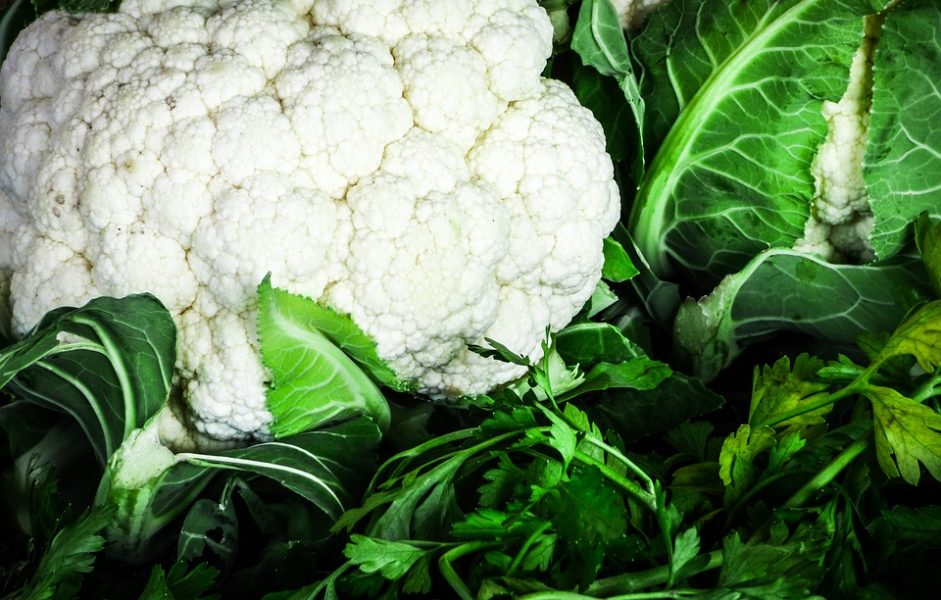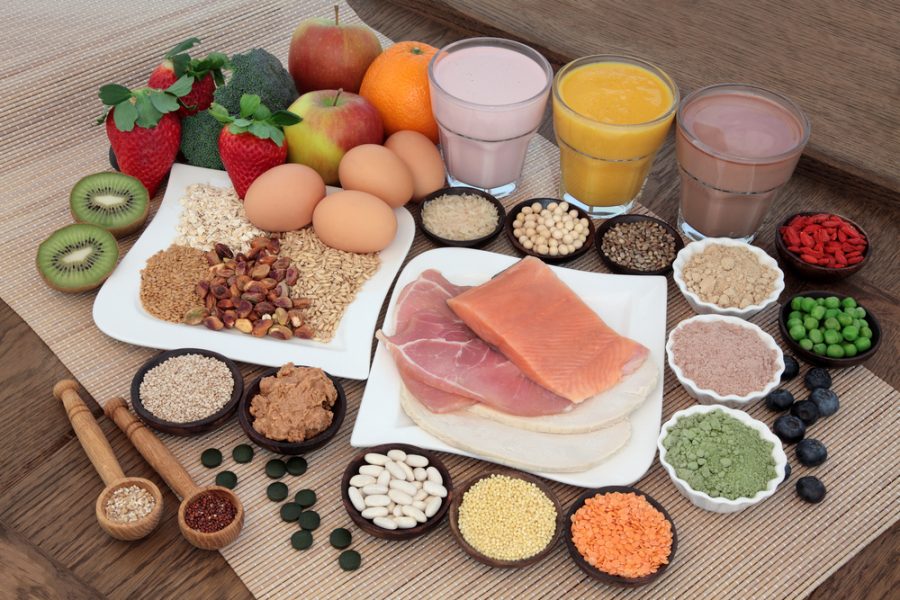What Amount Of Sugar Substance Does Beer Contain?
If you are a diabetic or if you only want to change your lifestyle choices because of fear that you will ultimately develop the disease if you don’t change, one thing that you should be keen on is about the presence of sugar content in your beer. Beer and diabetes may be interlinked in more ways than one so it is important that you understand how this alcoholic beverage can affect your health.
Alcohol, in general, can be a primary source of calories and carbohydrates for your body. Moreover, many may be surprised to know that most of the alcoholic beverages contain a little amount of sugar. It is also difficult for people, even those very seasoned drinkers, to know the sugar content of the alcoholic beverage that they are drinking, considering that alcohol manufacturers are not obligated to put nutrition labels on their products.
The Alcoholic Content
The Alcohol and Tobacco Tax and Trade Bureau’s requirement for nutrition labels only include carbohydrate content, but this does not usually include sugar at all. We need to understand that diabetes is not a disease that one can laugh about. It is a serious illness that may lead to complications such as diabetic gangrene which may result in the amputation of your feet, or other necrotic deaths of other parts of your body. You do not want any of that to happen, right?
However, we also understand that the idea of having a couple of beers is difficult to resist, especially if you are on a night out with friends, or simply just for some old time’s sake. So What amount of sugar substance does beer contain? Should you stop drinking it or not?
What Amount Of Sugar Substance Does Beer Contain?

Sugar content in beer may vary from one manufacturer to another depending on how much yeast is used. Enzymes eat most of the sugar in the beer during the process of fermentation. The more the enzymes metabolize the sugar, the less sweet the beer will taste, but the alcohol percentage will be higher in return.
Regular lagers, a type of beer, made at low temperatures in the brewery, may have carbohydrate content between 10 to 15 g per pint. However, those beers that were labeled as light may contain less than 10 g of carbohydrates per pint. It is a remote possibility that you are adequately blessed that you may come across beer containing less than 5 g of carbohydrates.
Meanwhile, beers such as stouts and ports are at the higher end of the spectrum containing a greater amount of carbohydrates. Normally, these types of beers can have at least 20 g of carbohydrate per pint.
Hidden Sugars: Finally Revealed
A study made by The Telegraph in 2014 found that many high alcoholic beverages, beers and others alike, contain a lot of sugars in a single shot.
The study included Stella Artois and Premium Spitfire Kentish Ale under the beer and ale category. They found out that in every 660 ml bottle of Stella Artois, the sugar content is around 0.5 tsp, while the Premium Spitfire Kentish Ale contains one tsp or five g of sugar in every 500 ml bottle.
What Is The Effect Of Alcohol On The Body?
One of the surprises that beer has for diabetics is the fact that the body metabolizes sugar and carbohydrates present in alcohol quite differently. Unlike in most foods and beverages where there is a spike in blood sugar levels when consumed, alcohol lowers blood sugar levels.
When your body metabolizes alcohol, it blocks your liver’s capacity to release blood sugar-regulating hormones. Due to the blockage, your body will experience hypoglycemia, a condition of a low blood sugar level in the body. Hypoglycemia will occur in all people whether you have diabetes or not. Thus, drinking too much of alcohol may also cause your blood sugar levels to drop dangerously low, specifically for those people who have type 1 diabetes.
Meanwhile, some people have a different response to alcohol drinking. Some people consumed moderate amounts of alcohol and found out that their blood sugar levels rose. Hence, it is important to check for yourself on how sugar content in beer affects you personally.
How Much Beer Should You Consume If You Have Diabetes?
It is considered safe to drink beer even if you have diabetes, as long as you take it in moderation and you have your diabetes under control. The Dietary Guidelines for Americans recommend these drinking dosages:
For Women: Women should limit themselves to drinking one drink a day. One drink is equal to an approximate 12 ounces of beer.
For Men: Men, on the other hand, may take pleasure in drinking two drinks a day which will be about 24 ounces of beer.
Important Points To Remember
- Diabetic patients who are using insulin or insulin secretagogues must take note of delayed hypoglycemia that may occur within 24 hours after alcohol consumption.
- Type 1 diabetic patients must be aware that they are at risk for having morning hypoglycemia if they consumed alcohol two to three hours after their evening meal.
- Before drinking any alcohol, it makes sense to discuss with your respective health-care team.
- Alcohol may interfere with the positive results of your oral diabetes medicines or insulin shots.
- Alcohol consumption may increase your triglyceride levels as well as blood pressure.
- Because beer and other alcoholic beverages contain many calories, you may have difficulty burning those extra calories.
- Consumption of alcohol stimulates your appetite and may lead to over-eating. Once you overeat, it may affect your blood sugar levels too.
- Though alcohol may not directly affect your diabetes, it can cause damage to your liver and nerves as well as your brain and sexual organs.
- Alcoholic drinking can cause your pancreas to become inflamed.
- Beer and all alcoholic drinks can lead to dehydration which is dangerous for someone with high blood sugar.


